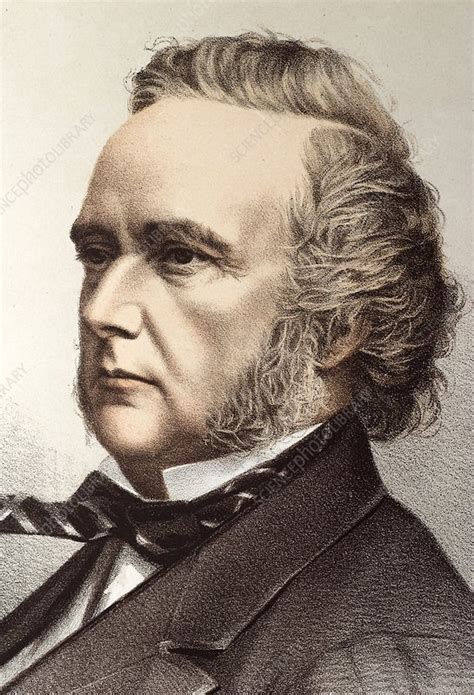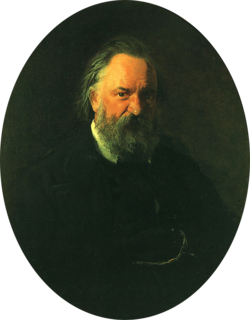A Quote by George Finlayson
Omit a few of the most abstruse sciences, and mankind's study of man occupies nearly the whole field of literature. The burden of history is what man has been; of law, what he does; of physiology, what he is; of ethics, what he ought to be; of revelation, what he shall be.
Related Quotes
It seems to me that you are solving a problem which goes beyond the limits of physiology in too simple a way. Physiology has realized its problem with fortitude, breaking man down into endless actions and counteractions and reducing him to a crossing, a vortex of reflex acts. Let it now permit sociology to restore him as a whole. Sociology will wrest man from the anatomical theatre and return him to history.
Biology occupies a position among the sciences at once marginal and central. Marginal because-the living world constituting but a tiny and very "special" part of the universe-it does not seem likely that the study of living beings will ever uncover general laws applicable outside the biosphere. But if the ultimate aim of the whole of science is indeed, as I believe, to clarify man's relationship to the universe, then biology must be accorded a central position . . .
I have spent much time in the study of the abstract sciences; but the paucity of persons with whom you can communicate on such subjects disgusted me with them. When I began to study man, I saw that these abstract sciences are not suited to him, and that in diving into them, I wandered farther from my real object than those who knew them not, and I forgave them for not having attended to these things. I expected then, however, that I should find some companions in the study of man, since it was so specifically a duty. I was in error. There are fewer students of man than of geometry.
No single man makes history. History cannot be seen, just as one cannot see grass growing. Wars and revolutions, kings and Robespierres, are history's organic agents, its yeast. But revolutions are made by fanatical men of action with one-track mind, geniuses in their ability to confine themselves to a limited field. They overturn the old order in a few hours or days, the whole upheaval takes a few weeks or at most years, but the fanatical spirit that inspired the upheavals is worshiped for decades thereafter, for centuries.
Thou shalt understand that it is a science most profitable, and passing all other sciences, for to learn to die. For a man to know that he shall die, that is common to all men; as much as there is no man that may ever live or he hath hope or trust thereof; but thou shalt find full few that hath this cunning to learn to die. I shall give thee the mystery of this doctrine; the which shall profit thee greatly to the beginning of ghostly health, and to a stable fundamental of all virtues.
Man must begin to the unitary principle of man - knowing that there are not separate men or separate individuals, but hat the whole man idea is one. He must know that all mankind is connected with every other part of mankind, all geared together by the one omnipresent Light of God which centers all as ONE and motivates all as ONE. Until man knows that separation from God is impossible, even for one second, he does not begin to have knowledge.
But you who walk facing the sun, what images drawn on the earth can hold you? You who travel with the wind, what weathervane shall direct your course? What man's law shall bind you if you break your yoke but upon no man's prison door? What laws shall you fear if you dance but stumble against no man's iron chains? And who is he that shall bring you to judgment if you tear off your garment yet leave it in no man's path? People of Orphalese, you can muffle the drum, and you can loosen the strings of the lyre, but who shall command the skylark not to sing?



































